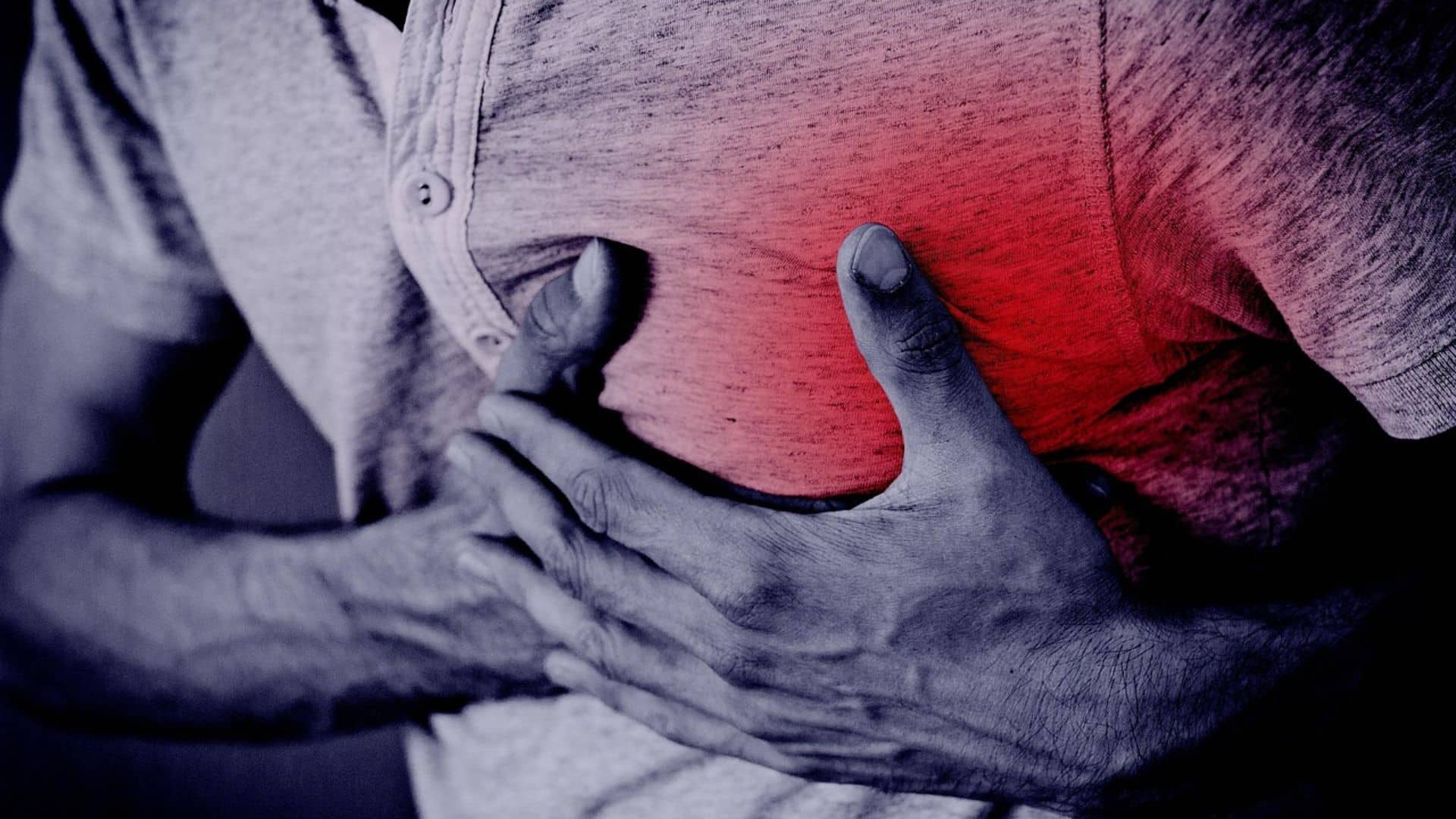Study Finds That Almost All Heart Attacks and Strokes Can Be Identified by These Overlooked Warning Signs


While it may seem that cardiovascular events like heart attacks or strokes happen suddenly, there are actually signals that the body gives before these events occur. And actually, only about 3% of heart attacks are truly unexplained. Unfortunately, many people mistake these warning signs for fatigue, stress, or aging. Recognizing early symptoms could make the difference between life and death, and help you seek care before it’s too late.
The Study

A study published in the Journal of the American College of Cardiology observed thousands of patients with cardiovascular issues in both the U.S. and South Korea. The extensive research revealed that 99% of heart disease cases were preceded by particular risk factors and warning signs, which indicated to researchers that while these life-threatening events may seem random and sudden, there are usually signs from the body long before an event occurs.
Unusual Fatigue

Feeling unusually tired, even after a full night’s rest, can be an early red flag, particularly for women. When the heart struggles to pump blood efficiently, your body may feel drained or weak without an obvious cause. Unfortunately, fatigue can be a symptom of a great many things, but if it comes in addition to some of the other signs on this list, it may be an indication from the body that something isn’t right.
Shortness of Breath

If you find yourself winded after mild activity or while lying down, your heart may be signaling to you that it’s in distress. Difficulty breathing can indicate that your heart isn’t circulating oxygen properly, which is common before a heart attack. Don’t ignore breathlessness, especially if it is a new and uncommon occurrence.
Jaw or Neck Pain

Pain or tightness in the jaw, neck, or throat is often overlooked as muscle tension or dental discomfort. However, these sensations can actually be referred pain from a struggling heart. If this pain occurs suddenly or alongside chest pressure, it’s a warning worth immediate attention.
Nausea or Indigestion

Many people associate heart attacks with chest pain, but another commonly overlooked symptom is stomach pain. Persistent nausea, heartburn, or abdominal pain (especially in women) might be a signal of restricted blood flow to the heart.
Sudden Dizziness

Feeling lightheaded or dizzy can be more than a sign of dehydration or standing up too fast. A drop in blood flow to the brain caused by a weakened heart or a clot can create these sensations. Sudden or unexplained dizziness is something that should always be monitored carefully.
Cold Sweats

Breaking out in a cold sweat when you’re not exerting yourself can be your body’s response to heart strain. This symptom is often accompanied by other warning signs like nausea or chest tightness. If you suddenly feel clammy or chilled without a clear cause, don’t dismiss it.
Arm or Shoulder Pain

Classic heart attack symptoms often include pain radiating down one or both arms, particularly on the left side, where your heart is. This occurs when blocked arteries cause nerve pain that extends beyond the chest. Any sudden, sharp, or spreading pain in the upper body should be taken seriously.
Vision or Speech Changes

Blurry vision, sudden confusion, or slurred speech are hallmark signs of a potential stroke. These symptoms indicate a possible interruption of blood flow to the brain and require immediate emergency care. Quick action should be taken with this symptom, as it is typically a late-stage sign.
